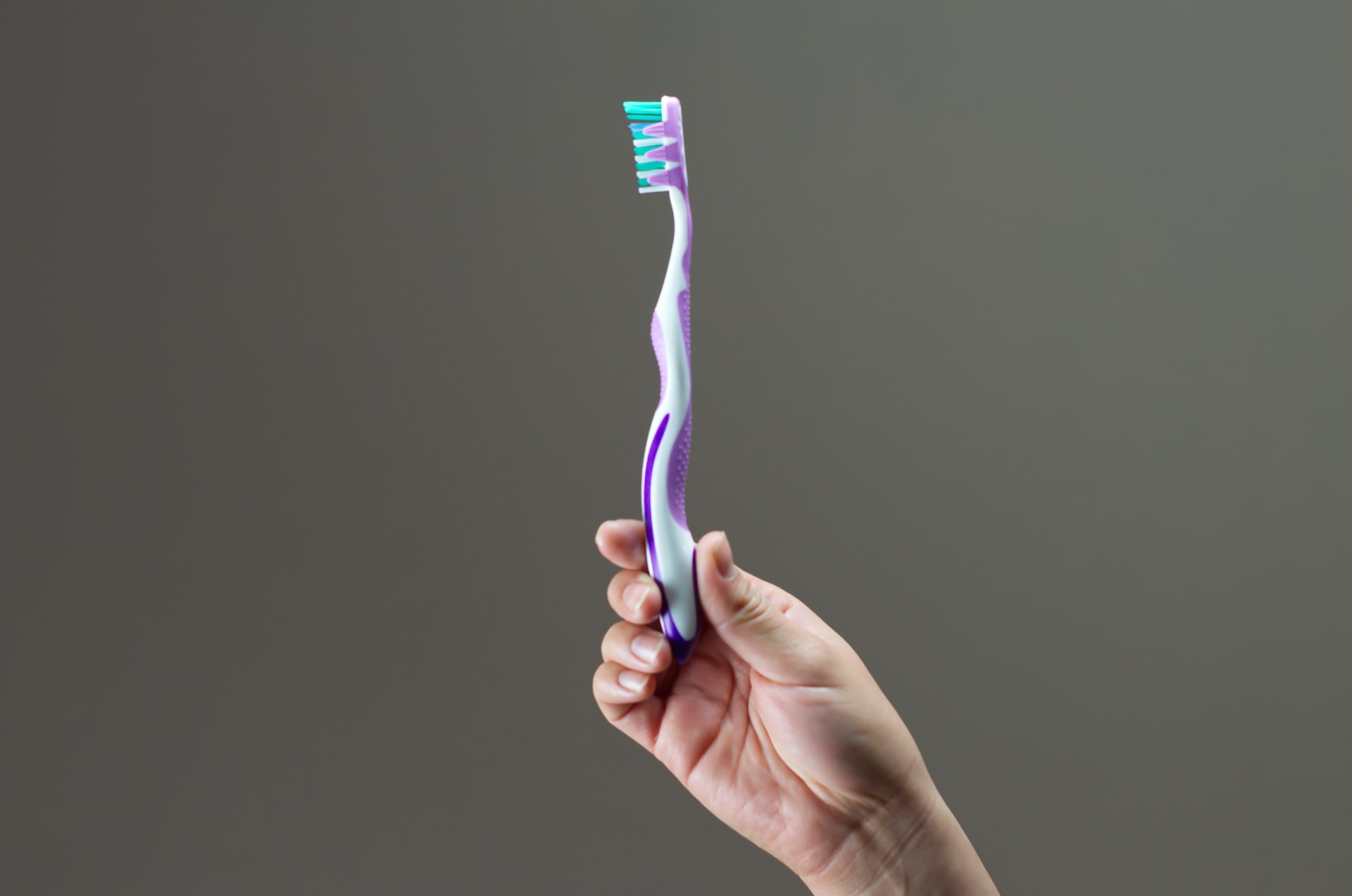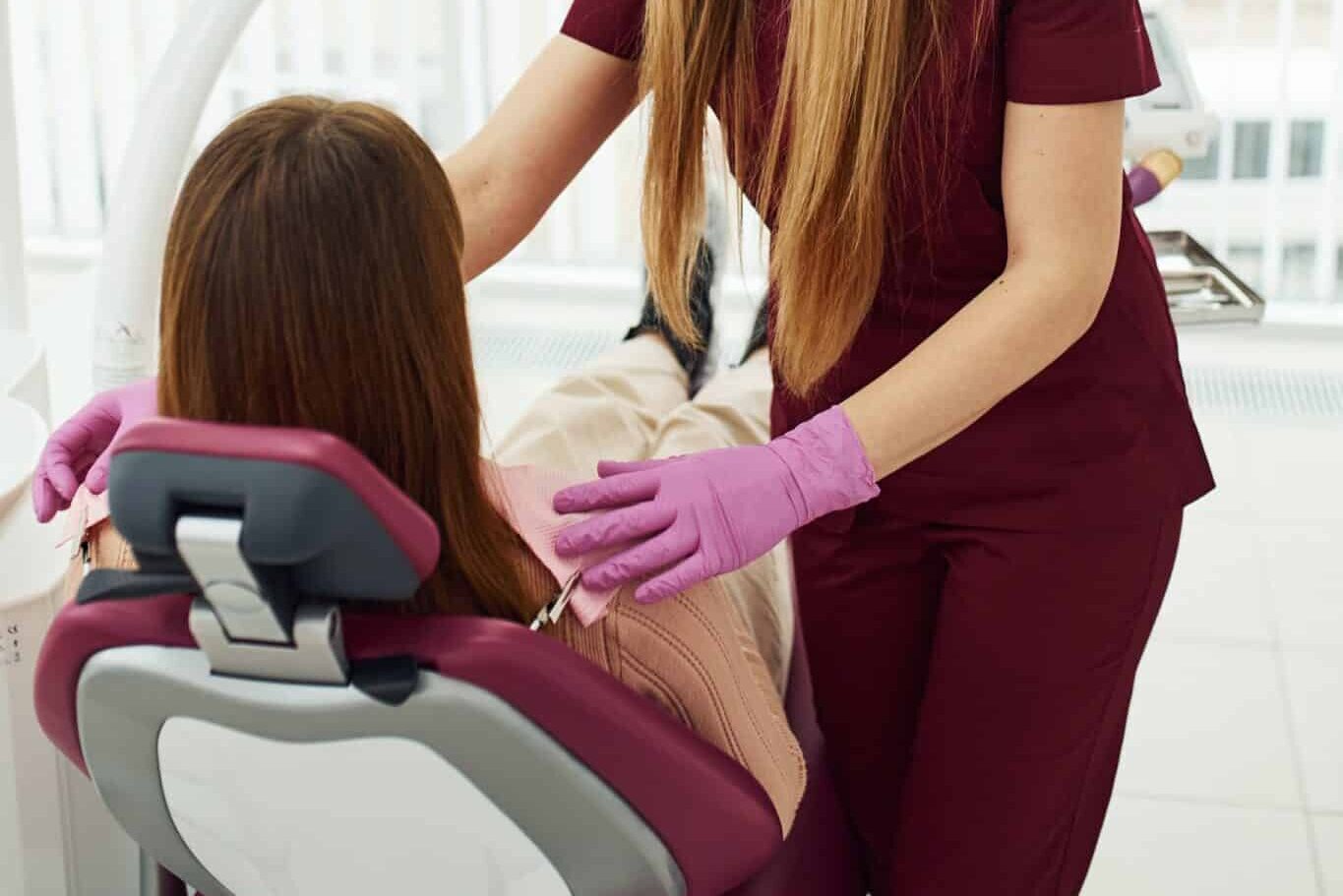Dental implants have become an increasingly popular restorative solution for individuals who have lost one or more teeth. These permanent replacements offer numerous benefits, such as improved function, superior aesthetics, and enhanced oral health. At Pickering Dental Services, our gentle family dental care approach ensures that our patients receive high-quality implant dentistry services with precision, care, and a strong emphasis on patient comfort and satisfaction.
However, just like your natural teeth, dental implants require proper care and maintenance to ensure their longevity and optimal performance. With the right aftercare practices, dental implants can last for many years, providing you with a strong and beautiful smile. In this blog post, we will outline the importance of dental implant care and provide essential tips for maintaining the health and durability of your dental implants. By adopting these practices, you can rest assured knowing that your investment in dental implants is well protected, and you can continue to enjoy the benefits they offer for many years to come.
Key Considerations for Dental Implant Care
Maintaining dental implants requires attention to various aspects of your oral hygiene routine and lifestyle choices. Below are some essential tips to keep in mind when caring for your dental implants:
1. Daily Oral Hygiene Regimen
Just like natural teeth, dental implants also require proper care through daily brushing and flossing. However, there are specific tips for dental implant care to be considered:
- Use a Soft-Bristled Toothbrush: A soft-bristled toothbrush is gentle on dental implants and surrounding gum tissue, preventing any potential damage.
- Non-Abrasive Toothpaste: Avoid using toothpaste with abrasive elements (such as baking soda and heavy-duty stain removers) as they can scratch the surface of dental implant crowns.
- Flossing and Interdental Brushes: Flossing around dental implants is essential to remove trapped food particles and prevent plaque buildup. Interdental brushes can also aid in cleaning hard-to-reach areas around dental implants.
2. Regular Dental Check-ups and Cleanings
Schedule regular dental check-ups and professional cleanings every six months, allowing your dental professional to monitor the health and stability of your dental implants. During these appointments, your dental professional will also clean any areas that may be harder for you to reach with regular brushing and flossing.
3. Preventing Infection: Peri-implantitis
Peri-implantitis is a gum disease that affects the tissues surrounding dental implants, causing inflammation and potentially leading to bone loss or implant failure. Maintaining good oral hygiene, attending regular dental check-ups, and avoiding smoking can help prevent peri-implantitis, ensuring the long-term success of your dental implants.
4. Avoiding Tooth Grinding and Clenching (Bruxism)
Tooth grinding and clenching, also known as bruxism, can cause excessive force on dental implants, potentially leading to loosening or damage. If you are experiencing bruxism, it is crucial to discuss this with your dental professional, who may recommend a nightguard or other treatment options to protect your dental implants.
Lifestyle Factors and Dental Implant Care
In addition to proper oral hygiene practices, certain lifestyle factors can significantly impact the success and longevity of your dental implants:
1. Nutritious Diet
A healthy and balanced diet is essential for maintaining strong teeth and supporting bone health. Consuming sufficient calcium, vitamin D, and phosphorus through a balanced diet can contribute to the longevity and success of your dental implants.
2. Smoking and Tobacco Cessation
Smoking and tobacco use not only have detrimental effects on overall health but can also impact the success of dental implants. Smoking can hinder healing, increase the risk of infections, and compromise the longevity of dental implants. By quitting smoking, patients can improve the likelihood of long-lasting, successful implants.
3. Alcohol Consumption
Excessive alcohol consumption can affect dental implant integration and healing. Reducing alcohol consumption or avoiding it during the initial healing period following implant surgery can provide the best opportunity for successful dental implants.
4. Protecting Dental Implants during Physical Activity
For individuals who participate in contact sports or high-impact physical activities, wearing a custom-designed mouthguard can protect dental implants from impact-related damage. Discuss your activity level and the need for a mouthguard with your dental professional.
5. Properly Handling and Cleaning Dental Implant Prosthetics
Dental implant prosthetics, such as dentures or bridges, require specific care and maintenance to ensure their longevity. It is essential to handle them carefully when removing or inserting them to prevent any damage or loosening of the implant. Additionally, proper cleaning of prosthetics with non-abrasive cleansers and regular professional cleanings can help maintain their integrity and prolong their lifespan. Patients should also be aware of any signs of wear and tear, such as cracks or chips, and promptly address them with their dental professional to avoid any potential problems.
Conclusion
With proper care and attention, dental implants offer long-lasting, durable results, allowing patients to enjoy the numerous benefits of a fully restored and beautiful smile. By adhering to a diligent oral hygiene routine, attending regular dental check-ups and cleanings, and considering various lifestyle factors, the lifespan and success of dental implants can be significantly maximized.
At Pickering Dental Services, our commitment to providing gentle family dental care ensures that our patients receive the highest quality implant dentistry services tailored to their unique dental needs. If you’re interested in learning more about dental implants in Pickering or would like to schedule an appointment, contact our compassionate and experienced team! We can help you maintain a healthy and radiant smile that lasts.


